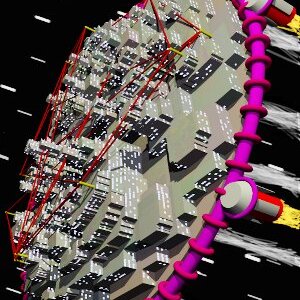- cross-posted to:
- technology@lemmy.world
What a terrible system. I have a couple of computers where the vendor provides good update support, but for most of them this is not the case and you’re pretty much stuck with the firmware you get. To tie Secure Boot to such a flaky set of distribution channels seems like very poor planning.
Or it’s on purpose to force the purchase of new hardware.
It is always about the money.
@floofloof @cm0002 Poor planning my ass. This was the plan all along. They [expletive] know what they are doing.
How can I check if my system will be affected or not?
Was your bios updated in the last few years? Not when you updated it, but when the manufacturer pushed a newer update.
If it’s older than 2023 then you’re screwed. If it’s been updated since then then you’re probably fine.
Screwed just means you’ll have to turn off Secure Boot if you ever want to reinstall Linux. And on many PCs the Secure Boot has been so badly implemented it’s pretty worthless anyway. Several of mine have a root key called something like “AMI TEST KEY - DO NOT TRUST” which basically invalidates the whole system and is unfixable by the user.
Hm, I guess that should be visible somewhere in the BIOS, need to have a look later.
They’re asking for the newest version of firmware available, not the one you have installed. Check the website of your motherboards manufacturer to see if they have anything.
It is a laptop that is more than 10 years old. Don’t think I ever updated the BIOS on it. So I guess that could mean it is going to be affected?
https://www.asus.com/ie/supportonly/ux433fn/helpdesk_bios/ it is this one, latest bios update is 2021. So I guess I might be screwed? Even if I use that to update, I mean?
Yeah, as far as I understand it. I think you’re fine if you just turn secure boot off, if that’s an option for you.
Seems like that is the only way for now, so I’ll backup stuff and do it. I’ve been reading so many opinions how important it even is, I don’t think it is going to impact my use case of the laptop.
Thanks for responding!
i have just revived a system from 2013 with linux, if i turn off secure boot does this matter?
No.
Would this not also be an issue for Windows users? Or is the Windows boot loader signed with a different key?






